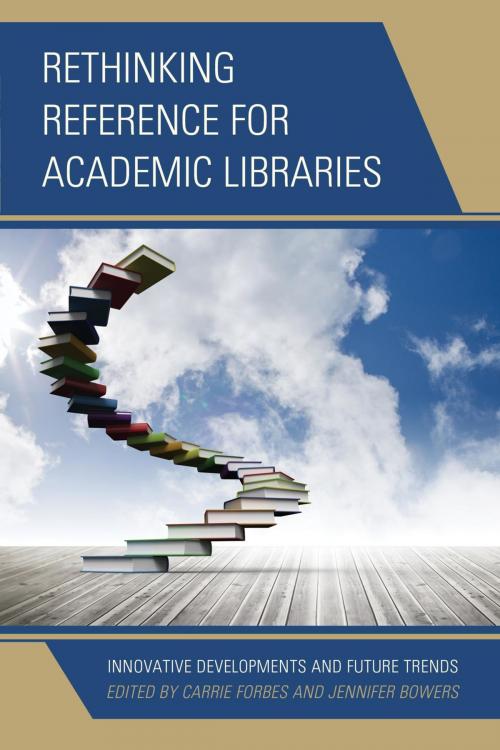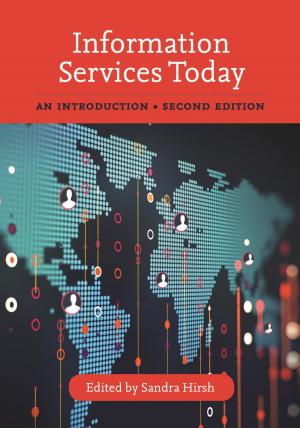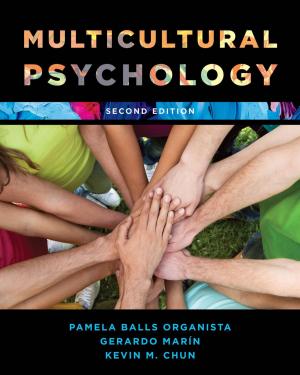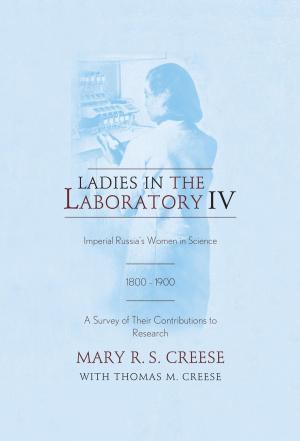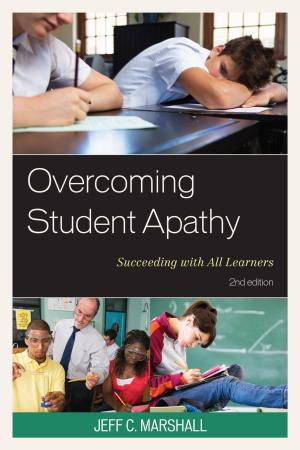Rethinking Reference for Academic Libraries
Innovative Developments and Future Trends
Nonfiction, Reference & Language, Language Arts, Library & Information Services| Author: | Jennifer Bowers, Carrie Forbes, Associate Dean for Student and Scholar Services, University of Denver Libraries | ISBN: | 9781442244535 |
| Publisher: | Rowman & Littlefield Publishers | Publication: | December 5, 2014 |
| Imprint: | Rowman & Littlefield Publishers | Language: | English |
| Author: | Jennifer Bowers, Carrie Forbes, Associate Dean for Student and Scholar Services, University of Denver Libraries |
| ISBN: | 9781442244535 |
| Publisher: | Rowman & Littlefield Publishers |
| Publication: | December 5, 2014 |
| Imprint: | Rowman & Littlefield Publishers |
| Language: | English |
The rapid development of the Web and Web-based technologies has led to an ongoing redefinition of reference services in academic libraries. A growing diversity of users and the need and possibility for collaboration in delivering reference services bring additional pressures for change. At the same time, there are growing demands for libraries to show accountability and service value. All of these trends have impacted the field and will continue to shape reference and research services. And they have led to a need for increasingly specialized professional competencies and a literature to support them.
In order to reimagine reference service for twenty-first century learning environments, practitioners will need to understand several focal areas of emerging reference. In particular, collaboration with campus partners, diverse student populations, technological innovations, the need for assessment, and new professional competencies, present new challenges and opportunities for creating a twenty-first century learning environment. Librarians must not only understand, but also embrace these emerging reference practices. This edited volume, containing five sections and fourteen chapters, reviews the current state of reference services in academic libraries with an emphasis on innovative developments and future trends. The main theme that runs through the book is the urgent need for inventive, imaginative, and responsive reference and research services. Through literature reviews and case studies, this book provides professionals with a convenient compilation of timely issues and models at comparable institutions. As academic libraries shift from functioning primarily as collections repositories to serving as key players in discovery and knowledge creation, value-added services, such as reference, are even more central to libraries’ and universities’ changing missions.
The rapid development of the Web and Web-based technologies has led to an ongoing redefinition of reference services in academic libraries. A growing diversity of users and the need and possibility for collaboration in delivering reference services bring additional pressures for change. At the same time, there are growing demands for libraries to show accountability and service value. All of these trends have impacted the field and will continue to shape reference and research services. And they have led to a need for increasingly specialized professional competencies and a literature to support them.
In order to reimagine reference service for twenty-first century learning environments, practitioners will need to understand several focal areas of emerging reference. In particular, collaboration with campus partners, diverse student populations, technological innovations, the need for assessment, and new professional competencies, present new challenges and opportunities for creating a twenty-first century learning environment. Librarians must not only understand, but also embrace these emerging reference practices. This edited volume, containing five sections and fourteen chapters, reviews the current state of reference services in academic libraries with an emphasis on innovative developments and future trends. The main theme that runs through the book is the urgent need for inventive, imaginative, and responsive reference and research services. Through literature reviews and case studies, this book provides professionals with a convenient compilation of timely issues and models at comparable institutions. As academic libraries shift from functioning primarily as collections repositories to serving as key players in discovery and knowledge creation, value-added services, such as reference, are even more central to libraries’ and universities’ changing missions.
